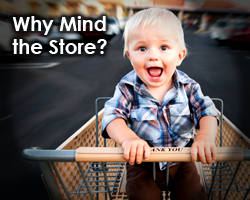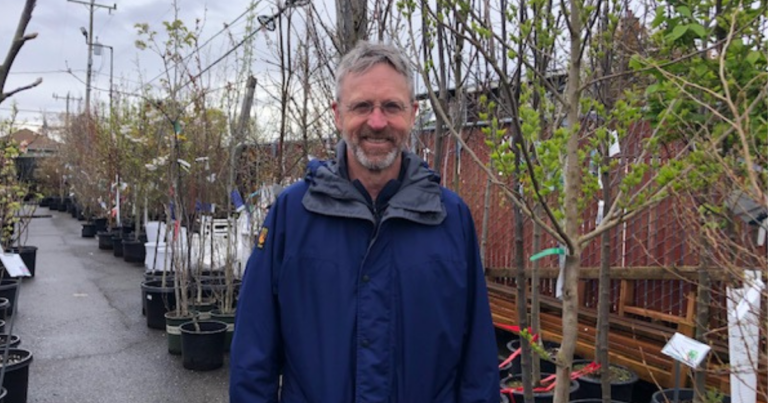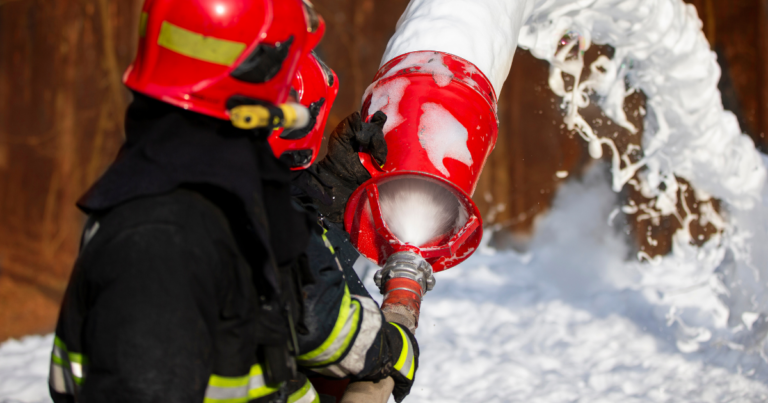Because with great market power comes great responsibility.
Retailers have the power to make substantial improvements in public health and safety, and with that power comes a moral obligation, a corporate social responsibility. Many of the retailers have gotten started, but they need to do more. And because they care about their customers, you can help them along.
Our coalition came together around a shared critique of our government’s failure to protect the public from toxic chemicals and a shared platform for how to fix our policies. But most importantly we came together with a shared moral urgency to reduce the suffering caused by chronic diseases like cancer, disabilities and autism that are linked to chemical exposure.
It is that moral urgency that drove the campaign’s steering committee to launch Mind the Store, challenging the country’s largest retailers to restrict the Hazardous 100+ chemicals.
Since we began in 2009 the evidence that unregulated chemicals are having profound health impacts has only grown. The Presidents Cancer Panel report and the recent United Nations report are just two examples. (Our own report summarizes the state of the science linking chemicals and various health impacts here.) And yet the government is too slow to respond in the face of chemical industry opposition.
We will continue to press for needed reforms as EPA implements the newly enacted Lautenberg Chemical Safety for the 21st Century Act, and push for reform in the states, but in the meantime the private sector can and must act. Some of the greatest success stories in recent years have come when people with buying power have made getting rid of toxic chemicals a priority.
Educated consumers—particularly moms looking out for their families—have changed the marketplace for products like baby bottles, cosmetics and cleaners, and in the process made the world a better place. The companies that responded to that demand deserve some of the credit as well.
But though it’s faster than regulation, this process too can be too slow. The media takes a while to wake up to the science around a given chemical. My colleagues have to campaign around it. Then consumers take notice. Then the relevant businesses take notice. Chemical, by chemical, by chemical. If we are to take the moral urgency of tackling this problem seriously, then we also have to take bigger bites out of the problem as soon as we can.
It’s not feasible to ask the average person to keep 100+ chemicals in their head when they go to the store and we’re not asking you to. Many of you are avid label readers, but most products don’t have ingredient labels. It is feasible, however, for the nation’s largest retailers to maintain and act on such a list. For example, Krogers has a list of 101 chemicals it won’t allow in its Simple Truth brand products. Walmart changed the marketplace substantially when it listed several flame retardants and told its suppliers it wouldn’t sell products that had them.
In our retailer profiles we’ve taken pains to give each company credit for the work already undertaken to develop safer sustainable products. (For any retailer reading this, I invite you to identify anything that you think is inaccurate in the profile and we’ll correct it.)
We are simply looking to enlarge this activity to match the scale of the problem and we want to make it easy for retailers by giving them a starter list of chemicals that are cause for concern. We are looking for partners in improving public health and safety rather than a one-day news story.
So as you continue to read labels, check out databases, and protect your family with your own purchasing choices, take some time to engage your favorite retailer in this great moral project of our time: reducing the suffering caused by preventable chronic diseases linked to chemicals.
Take our action urging the retailers to Mind the Store. But feel free to get creative as well. Ask your store manager about the company’s response to this campaign. Get a few friends together to meet with him or her. Engage with the company on their Facebook page or website.
In so doing, you won’t just be looking out for yourself and your family, but for all families.




